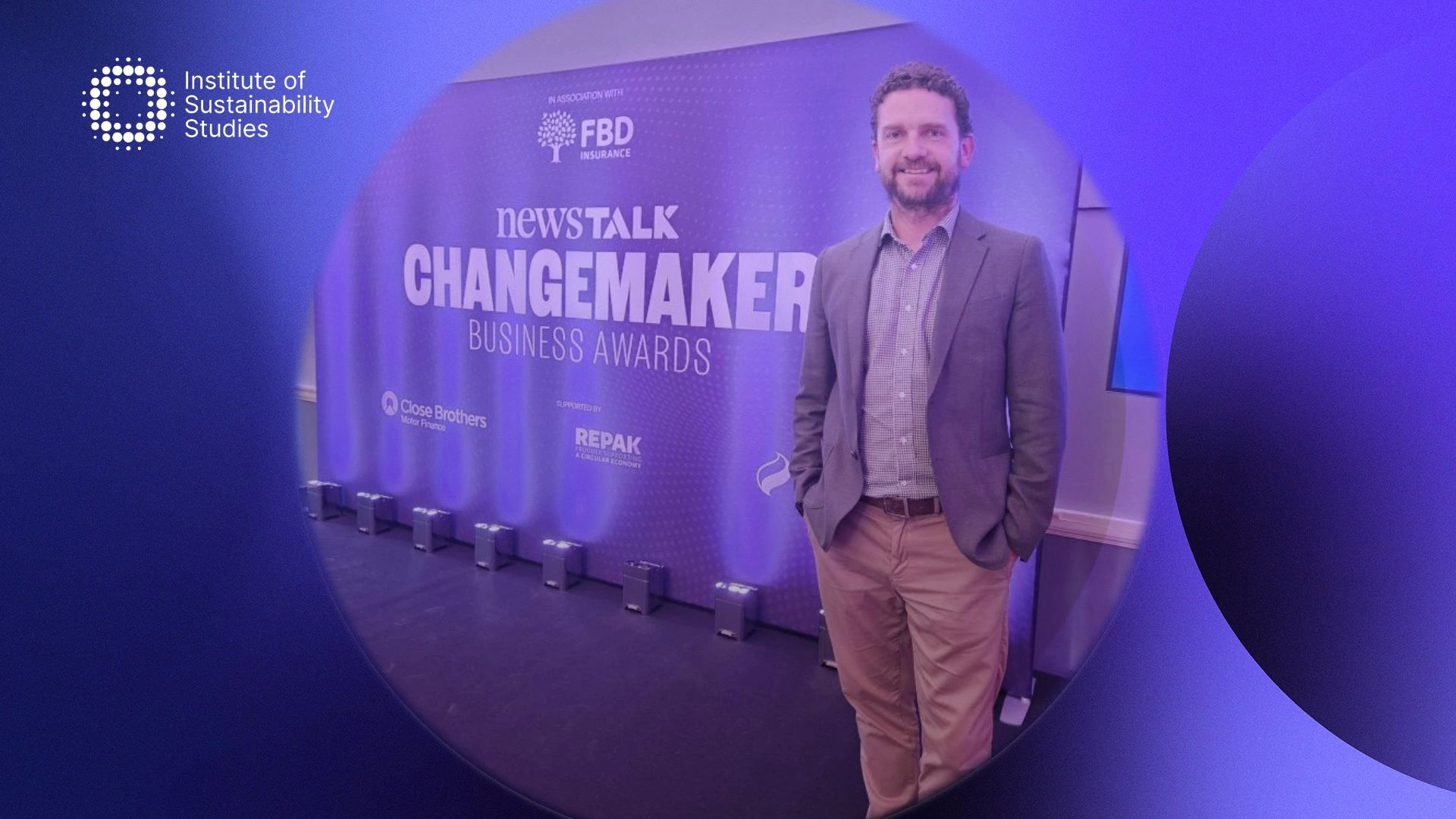The giant US retailer Walmart has reduced food waste by 12 percent since 2016 and is aiming for a further 50 percent by 2030. One of the business sustainability strategies it introduced to achieve this is that Walmart food waste will be repurposed into compost and sold across 100 of its stores.
However, the brand plans to increase this to the garden departments of at least 600 of its US stores. This is being carried out in partnership with Denali, a 10-year-old organic recycler that has been collecting food waste since July at over 1,400 Walmart and Sam’s Club locations in 16 markets.
Background on the Walmart food waste partnership
The compost will cost less than $7 per one-cubic-foot bag. This is Denali’s first retail product to market the use of unsalable food as an ingredient. The product ‘ReCirculate’ will be sold initially in eight of the states where Walmart sells high quantities of soil supplements. These include Arizona, California, Alabama, Georgia, Florida, Mississippi, Texas, and Louisiana.
Alongside its food waste ambitions, the food retailer is also looking for ways to curb the amount of methane generated by the organic materials it sends to landfills. They are looking at this through the lens of how they can process it in different ways. Currently, Walmart diverts 78 percent of all its waste from landfills.
To put it into context, expired meats and dairy products, out-of-date bread and beverages, and spoiled produce contribute to roughly 4.4 million tonnes of US food waste every year. Half of those organic materials, at a minimum, end up in landfills, where they contribute to rising methane emissions. However, the industry is also losing around $3.6 billion from unsold inventory.
Walmart is among seven retail signatories of the US Food Waste Pact. This Pact was coordinated by the World Wildlife Fund and nonprofit ReFed. It requires organisations to set a food waste reduction goal and frequently report on progress. Other retailers involved include Amazon Fresh, Whole Foods, Kroger, Aldi, Albertsons, and Ahold Delhaize.
Denali’s impact on US food waste
Denali collected and recycled 7 million tonnes of food waste in 2023, recycling it into compost, biodiesel, much, soils, and animal feed. Its customers span hotels, food production facilities, stadiums, and retailers. The company estimates those collection and mitigation efforts represent the equivalent of taking 100,000 gas-powered cars off the road for a year.
However, Walmart remains the first retailer to utilise Denali’s depackaging’ technology ‘Zero De-Pack’. This technology makes it simpler for stores to separate produce from other food from metal cans, plastic containers, wrappers, and cardboard boxes. The two have now been collaborating for two years.
Denali provides bins to customers with a capacity of three cubic yards so retailers can deposit food daily. Its fleet of 1,300 trucks empties them weekly or when the bins reach capacity. The depackaging equipment then handles the separation automatically at its facilities. This Walmart food waste compost will contain matter collected from all of Denali’s customers, not just Walmart.
Conclusion
Walmart’s initiative to repurpose food waste into compost is a strong example of how corporate sustainability efforts can not only align with environmental responsibility but also economic benefits. Walmart is cutting landfill waste, reducing methane emissions and reclaiming value from unsold inventory.
This model highlights a crucial shift in the retail industry; waste is not just an environmental issue but a missed financial opportunity. With the US food industry losing $3.6 billion annually due to unsold inventory, more major retailers should be looking at food waste as a resource rather than a liability.










